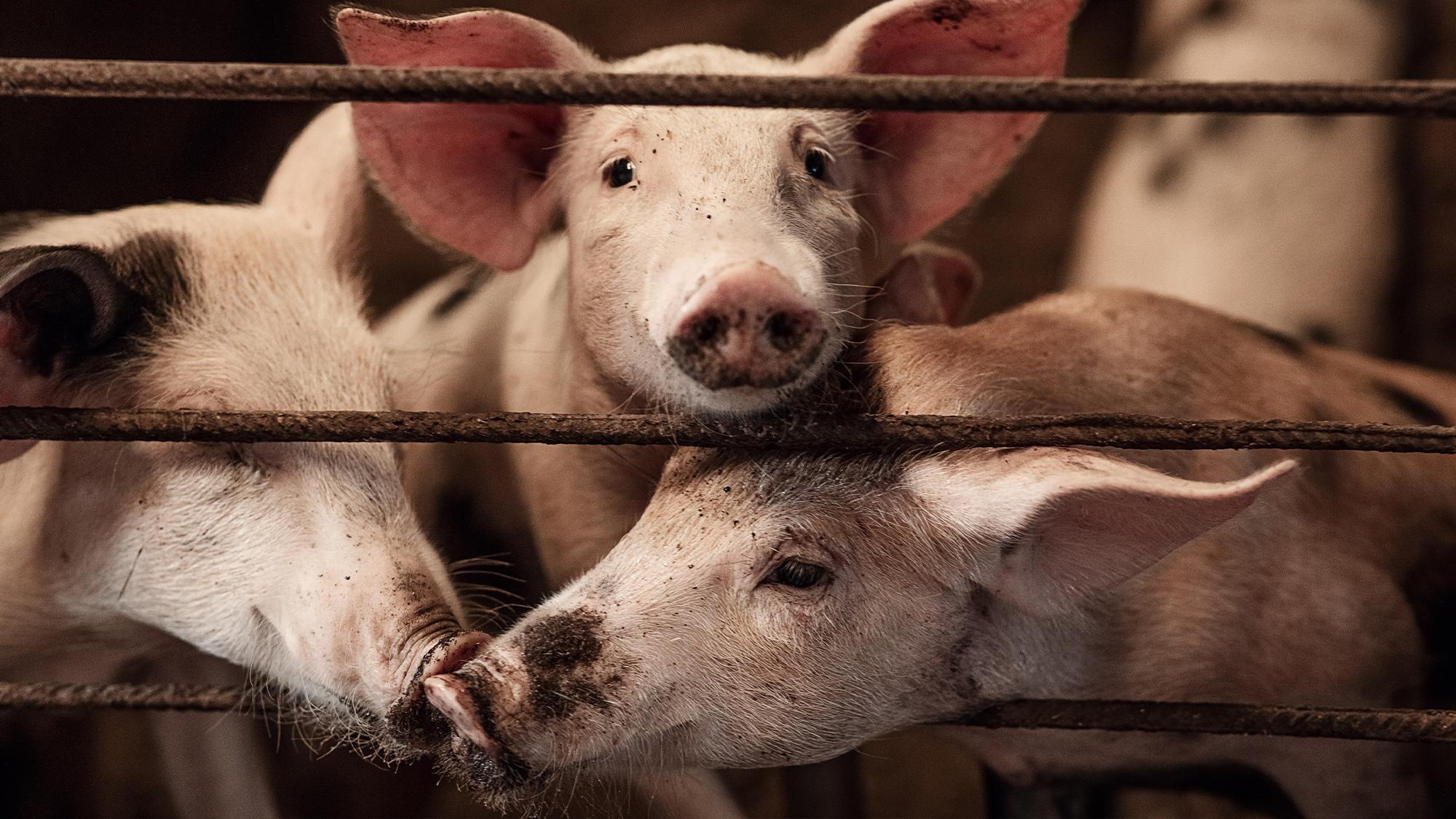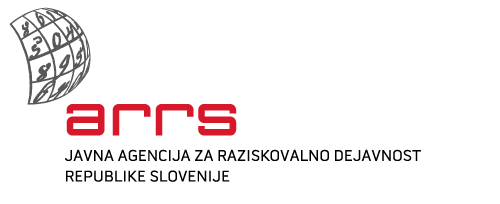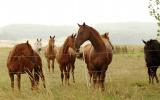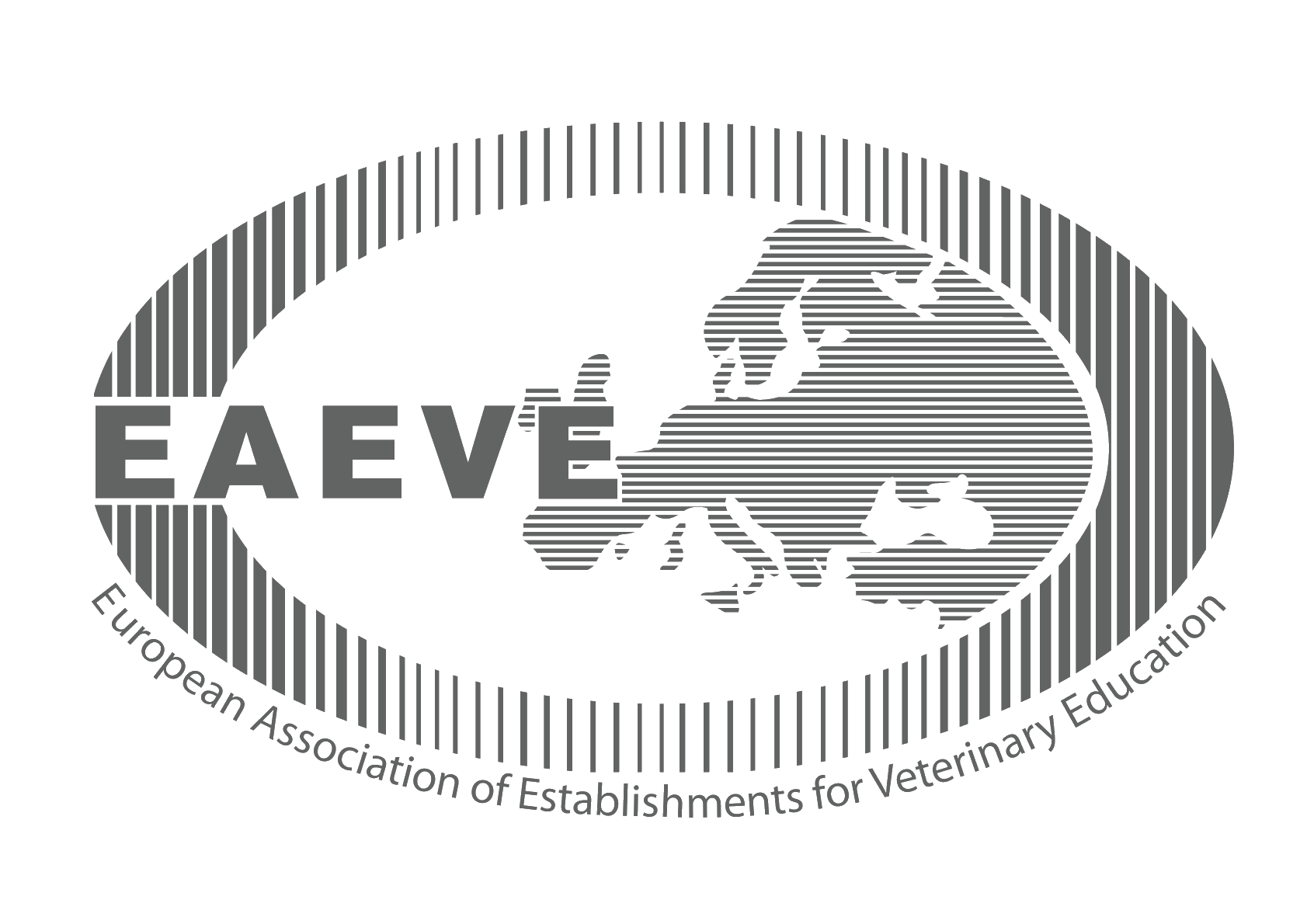BI-RS/23-25-048

STOP AFRICAN SWINE FEVER – evaluation and development of solutions for biosecurity measures in domestic pig production

General Data
Member of UL |
Veterinary faculty |
|
Name of the leading partner |
Bilateral project Slovenia/Serbia | |
Status |
leading partner | |
Project code/ Projet No. |
BI-RS/23-25-048 | |
Project Title |
STOP AFRICAN SWINE FEVER – evaluation and development of solutions for biosecurity measures in domestic pig production | |
Financier |
ARRS | |
Obdobje financiranja |
1.4.2023 do 30.6.2025 | |
Yearly sum of FTE |
2000 eur |
|
Leader |
Assoc. Prof. dr. Marina Štukelj | |
Scientific field |
Veterinary medicine | |
Partners |
Scientific Veterinary Institute "Novi Sad" |
Project Phases
In the first phase of the project, a mapping of domestic pig production systems based on pig production and husbandry management characteristics will be conducted in each country. Within the participating countries, pig farms will be categorised as commercial, non-commercial farms, breeding farms, piglet breeding or fattening farms, backyard, free-range or outdoor farms. In general, the number, characteristics and structure of the pig production sector in Serbia and Slovenia are presented and compared. The two research groups will analyse the social and cultural contexts of domestic pig production in the existing farming systems. In particular, the Serbian research group will analyse the relationship between important social and cultural factors and possible links to ASF transmission in different pig farming systems. In addition, researchers from Serbia will share their experience in disease control with colleagues from Slovenia in 2019–2022: They will present the ASF outbreaks in domestic pigs and the activities and measures taken to control and stop the spread of ASF in Serbia.
In the second phase of the project, the two research groups will be actively involved in evaluating biosecurity measures in different domestic pig barns. Based on the experience from already infected countries in Europe, the main areas where preventive measures can be evaluated to prevent the spread of ASF in the domestic pig cycle are external biosecurity (control of all entrances to the farm) and internal biosecurity. The level of biosecurity in pig herds will be assessed in both countries using a recognised questionnaire developed by the University of Ghent in Belgium with the possibility of statistical data processing (open access https://www.biocheck.ugent.be).
In the second year of the project, the younger researchers and PhD students will continue to work on the assessment of on-farm biosecurity and classification according to the level of biosecurity (low, medium, high). Based on the results obtained, the two research groups will work in a participatory process with pig producers, farmers and veterinary inspectors to develop understandable and practical solutions acceptable to different pig production units. Lectures and workshops for farmers will be organised to raise awareness and provide information on the role of biosecurity in ASF containment.
Project Desription
The aim of the project is to establish and expand research and educational cooperation and knowledge transfer between scientific research groups in two countries: one currently free of ASF (Slovenia) and one infected with ASF (Serbia), which have almost three years of experience in combating the disease. From a scientific point of view, the objective is to map and evaluate the existing biosecurity measures in different pig production systems in Serbia and Slovenia and to establish a link between herd biosecurity and the possible risk of ASF introduction. The results obtained in Slovenia will be compared with those of the Serbian partners, and the research group will work together to improve biosecurity measures in different pig production systems. The overall goal of the project is to better understand the impact of social and cultural factors on the spread of ASF and the potential for long-distance transmission. This understanding will contribute to more effective disease control and further prevention in the two countries. In our view, preventing ASF transmission in smallholder systems is the key factor for sustainable ASF control. This project therefore aims to fill an important research gap on the social, economic and cultural factors influencing smallholder pig farming in Europe. The project addresses a current case study in ASF-affected communities in Serbia.
The research team in both countries will collaborate to assess and improve biosecurity in pig production, as this is currently the most important way to reduce the risk of ASF virus introduction and spread in pig farming systems. The joint work will focus on increasing the knowledge and awareness of different pig producers and farmers and communicating in an understandable way how biosecurity can be implemented in farming practises.
Both countries have definitions of basic biosecurity measures in national legislation (Serbia) or in European Union legislation (Slovenia), but are also open to international recommendations that identify known and new experienced solutions to stop the spread of ASF. Disease control regulations and preventive measures must be clearly defined, understood and accepted by the people who are supposed to implement them. This project aims to bridge the gap between the authorities, the veterinary authorities responsible for disease control, and the pig keepers, farmers, small traders, and different types of commercial pig production units, and to involve them all in the biosecurity system in connection with the evaluation and active implementation of biosecurity measures.
In two participating countries, there is research cooperation between leading national institutions: Scientific Veterinary Institute "Novi Sad" from Serbia and Veterinary Faculty of the University in Ljubljana from Slovenia. In both countries the research teams consist of recognised scientific experts and professors as well as young researchers and PhD students. The two research groups deal with veterinary epidemiology and health protection of pigs from different aspects and are involved in the ongoing national projects and the national scientific ASF expert groups.
Structure of the Project Group
- Assoc. Prof. dr. Marina Štukelj
- Assist. Dr. Irena Golinar Oven
- Dr. Jasna Prodanov-Radulović, Senior Research Associate
- Prof. dr. Jovan Bojkovski
- Dr. Biljana Đurđević
- Dr. Vladimir Polaček, Senior Research Associate
- Siniša Grubac
Location
Gerbičeva 60
SI-1000 Ljubljana
Slovenija
Sample Reception
Samples are received at several locations throughout Slovenia. See where.
The veterinarian on duty
Emergency veterinary assistance for dogs and cats and a telephone number of constant readiness.
Library
A wide selection of domestic and foreign professional literature in the field of veterinary medicine and other sciences.
Main navigation
-
Education
- Informativni dan
- Why to become a veterinarian?
- Undergraduate Studies
- Postgraduate studies
- Pripravništvo
- Summer Schools
- Continuous education
- Professional Development
- International Activity
- Mednarodna dejavnost - Tuji študentje
- The Path to Creative Knowledge
- Tutoring
- Extracurricular Activities
- Career Centres
- Alumni
- Student organizations and societies
- Quality Assurance
- Clinics
- Diagnostics
- Dobrobit
- NVI
- Research
- About us
- Hub




